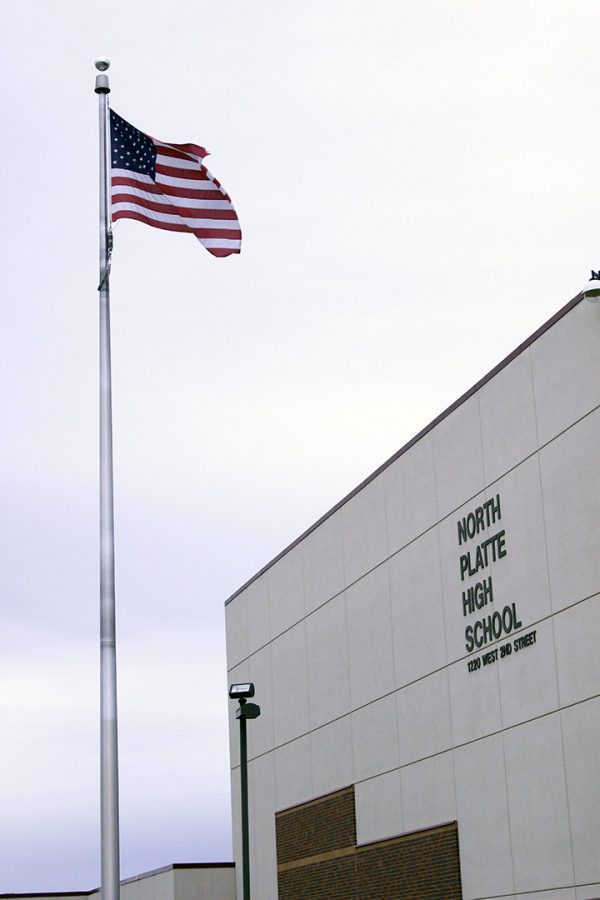Separation of Church and State
Why I don’t say the Pledge of Allegiance
I do not say the Pledge of Allegiance. This may be surprising to some people considering I want to go into a political career, but I feel that saying it is infringing on my rights given to me under the First Amendment.
I choose not to say the pledge because I am nonreligious, and the phrase “under god” does not accurately show my beliefs. When I tell people this, they usually just tell me that it isn’t a specific god, so it doesn’t matter, and I should just suck it up and say it. Saying this doesn’t fix the problem. That may be a fine answer for somebody who is religious, but saying “under god” in the Pledge of Allegiance is making me acknowledge that there is a god, and forcing me into a religion, when I may or may not believe in one.
Another response I often get is “it’s only two words, it’s not that big of a deal,” but if it is not a big deal for those two words to be there, then why don’t we get rid of them. “But it’s because of its historical significance, it represents our founding fathers’ beliefs about religion.” If this is true, why was the phrase “under god” added in 1954? I would say it if it had been there originally for the original, historical significance, but it was added by Eisenhower because he wanted the U.S. to be seen as a religious country, unlike communist countries.
Many religious people argue that there is no such thing as the separation of church and state, because they don’t use those specific words in the constitution, however, the First Amendment to the constitution does state; “Congress shall make no law respecting an establishment of religion, or prohibiting the free exercise thereof.” I, along with 67% of Americans (Pew Research Center), interpret this as the same thing as the separation of church and state, meaning the government cannot force me to be part of or not a part of any religion.
According to the Pew Research Center, in 2017, 22.8 percent of Americans are nonreligious, and 34 percent of younger millennials are nonreligious, which includes atheists, agnostics, and people who identify as nothing. Why should schools alienate and force this large group of people into religion who identify themselves as nonreligious?
Legally, a public school cannot force a student to say the pledge, but socially, a student can be forced to say it. Because high school is so socially driven, oftentimes, kids don’t want to do anything that will make them stand out. Because of this, they will stand and say the Pledge of Allegiance even if it does not feel right to them because this is so stigmatized. If they choose to sit, they will feel alienated from the other students or that they are talking about the person behind their backs. This is how I felt and still feel sometimes.
I am not trying to stop anybody else from saying the pledge. That being said, I notice most other students in my class don’t say the pledge either, but they do it out of apathy. I would just like people to realize the way the pledge affects others, not just themselves.


